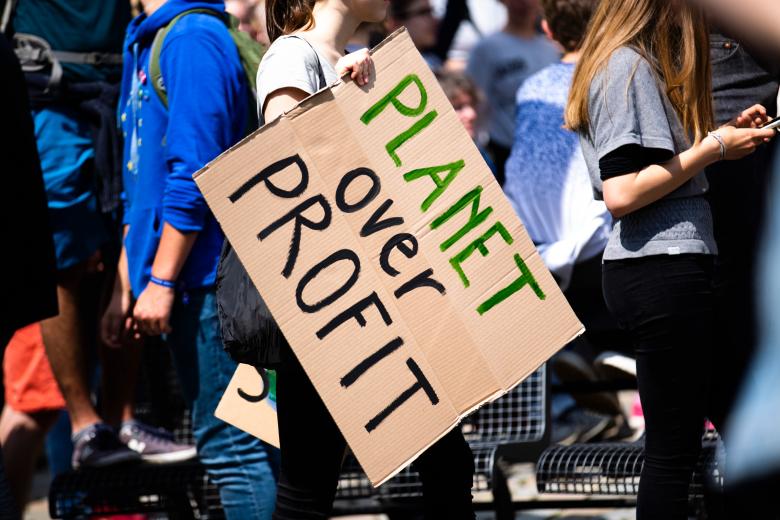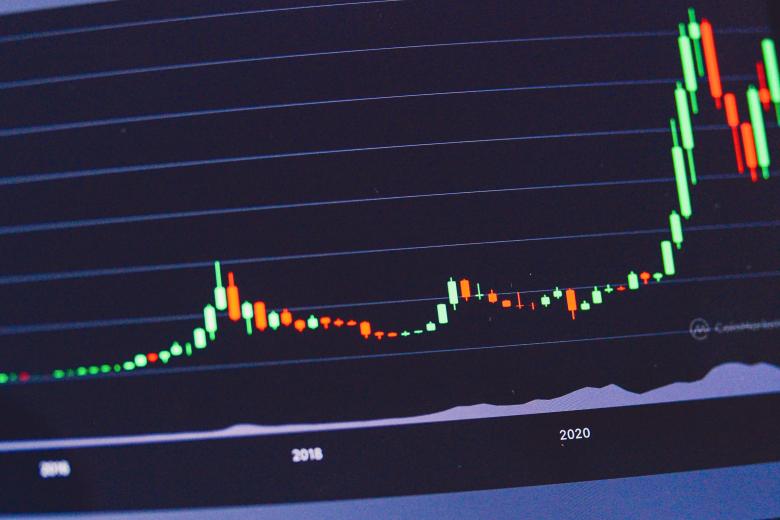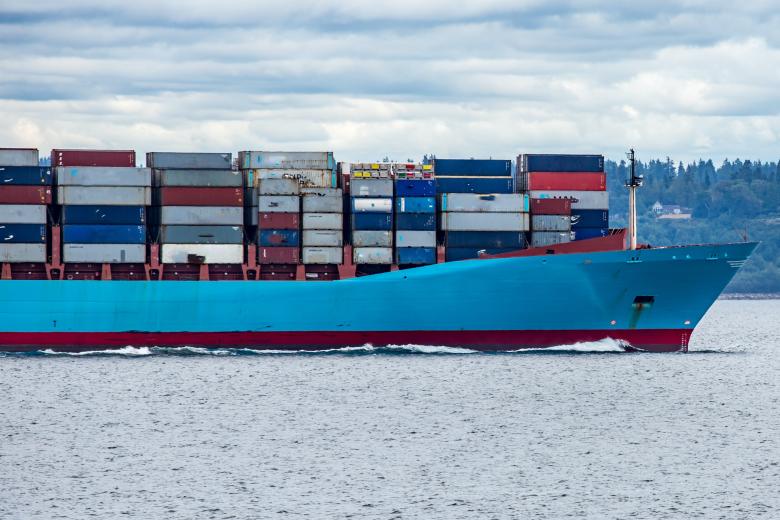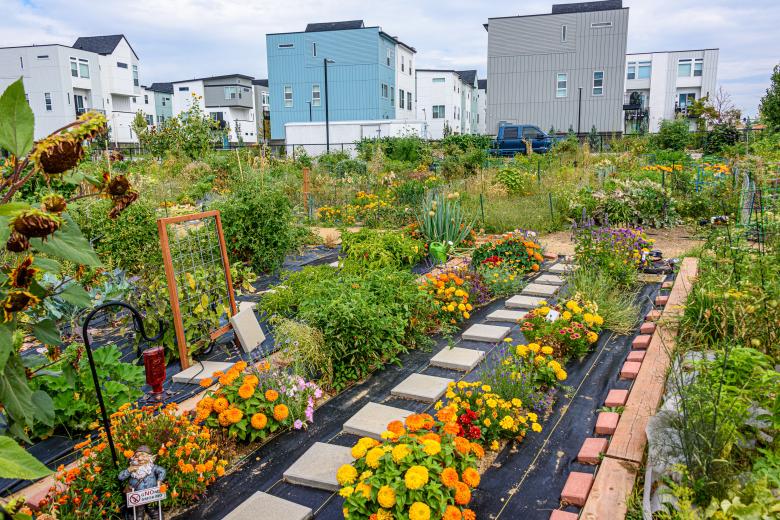MORSE Conference 2025
DOWLOAD THE FULL CONFERENCE PROGRAMME HERE
The 5th MORSE conference will bring together scholars from different disciplines around Europe, from Maastricht University and beyond, to engage in interdisciplinary discussions, to discuss their research and its practical application and societal impact and to work towards responsible, resilient and sustainable future.
Building on the success and spirit of previous editions, this year’s conference once again brings together scholars, practitioners, and policymakers dedicated to advancing research and dialogue around the pressing challenges of our time.
MORSE stands for the Maastricht Observatory on Responsible, Resilient & Sustainable Enterprise and Economy, and the annual conference serves as its flagship event. With a continued focus on interdisciplinary collaboration, the MORSE Conference 2025 offers a platform to explore cutting-edge insights on topics ranging from sustainable finance and inclusive labour markets to climate resilience and economic transformation.
While the full programme will be announced soon, participants can expect a rich blend of keynote talks, research presentations, and panel discussions—designed to inspire thought-provoking conversations and actionable outcomes.
We invite you to join us in shaping a more responsible, resilient, and sustainable future.
Stay tuned for further updates to be published on this page —and we look forward to welcoming you to Maastricht
Conference TRACKS
Resilience to Climate Change
Climate Change has become unavoidable (IPCC, 2023). The question is not if, but how much climate change we must prepare for. This will impact our economy, society, and way of life in many ways. In this track we will focus on the financial sector and invite empirical and theoretical research papers and work in progress that investigate how physical climate risks may affect income flows and balance sheets and give guidance on how economic agents should prepare for these risks. Adaptation to climate change can take the form of “technological fixes” (e.g. higher dikes, flood protection, water storage etc. etc.) but may also involve changing regulation and reforming institutions to build a more resilient economic system. Examples of topics that would be relevant in this track include the risks that physical climate change poses for residential and commercial real estate and corporate fixed assets, indirect impacts on income, employment and production through disruptions in regional, national and global supply chains and the network effects of damages to energy or transport infrastructures.

Labor market resilience and sustainability - Good labor, migration and HR practices
An aging and dejuvenating population in Western societies raises questions around how to fill current and future vacancies in government and businesses in many sectors and regions of the economy. Possible solutions to the shortage of skilled workers can be found in simply raising wages or introducing labor-saving technologies. Other ways to fill the most in-demand vacancies include providing better study advice to young people, engaging the current workforce in lifelong development activities to keep them up-to-date, or preventing employee attrition through better HR policies. Furthermore, attracting and selecting migrants can also alleviate personnel shortages. Finally, de-growth and sectoral shifts away from sectors that exhibit many negative externalities with regard to sustainability may imply the labor currently employed in those sectors may become available for use in remaining, more sustainable, sectors.

Macroeconomic News and Uncertainty
Recent advances in computational methods, coupled with the increasing availability of large-scale (text) data, have enabled researchers to systematically analyze the role of news and information flows in shaping economic expectations. Integrating insights from economics, finance, data science, and communication studies has helped to assess how economic agents process news, how uncertainty propagates through markets and institutions, and how policymakers can respond to evolving information landscapes.
This track aims to explore the role of news and information flows in shaping economic expectations, decision-making, and macroeconomic dynamics. We welcome theoretical, empirical, and methodological contributions that advance our understanding of how news affects uncertainty and economic behavior.

Climate change, Uncertainty and Sovereign Finance
This track aims to bring together theoretical and empirical research at the intersection of sovereign debt, climate change and uncertainty. Climate change poses unique challenges for sovereign debt sustainability. The intensification of climate-related disasters affects countries' ability to service debt while simultaneously creating urgent adaptation investment needs. Meanwhile, uncertainty about both the timing and magnitude of climate impacts complicates policy responses and risk assessment. Fiscal and monetary policies are the traditional ways governments and central banks use to balance the business cycle. Recent research has highlighted how climate vulnerability increases borrowing costs and fiscal deficits, while climate adaptation investments may reduce sovereign risk in vulnerable countries. This creates a complex nexus where climate risks, fiscal constraints, and uncertainty interact. This track seeks to deepen our understanding of these interactions and explore potential policy solutions, including innovative financing instruments like green bonds, sustainability-linked bonds, and debt-for-climate swaps.

Supply chain resilience
Traditional international economics teaches us that the benefits of trade and specialization are significant and can be shared along the value chain, such that all benefit. This is true on average, but in an uncertain world, shocks will propagate along these value chains and typically end up hurting the weakest links in the chains the most. Covid-19 for example, hits the world’s poor hardest in terms of health effects and welfare. Maintaining healthy buffers and circuit breakers that are very valuable in times of crisis comes at costs and benefits parts of the chain that are not willing or able to pay for them in normal circumstances. The growing interconnectedness of economies in global value chains is a source of both resilience and vulnerability, in ways that beg further analysis.

Social entrepreneurship and the economy of the Common Good
This track has its focus on the interaction of social (and sustainable) entrepreneurship, regional attractiveness and regional development. Beyond entrepreneurship, we are interested in efforts to create a more inclusive and sustainable local and regional economy, the successes and non-successes thereof and the ways in which problems of collective action are navigated by businesses, citizen organisations, local government with the help of intermediaries and European policies.
We welcome original research on social entrepreneurship, steward ownership, community (wealth) organisations, institutions for collective action, public-civic partnerships, transformative social innovation, regional sustainability transitions and institutional work for the economy of the common good. We also welcome research on different economies: a circular economy, purpose economy, the community economy, bioeconomy and an inclusive economy.

Sustainable Employability
Sustainable Employability (SE) has become a crucial issue for individuals, organizations and economies in today's fast-changing and uncertain labour market. A combination of changes in production processes (automation, digitization, AI) and demographic changes (ageing, migration) play part in these developments. SE refers to the ability and willingness of individuals to maintain employment throughout their working lives, while remaining healthy, motivated, skilled and productive as well as policies and strategies on a meso and macro level supporting this. At the meso level organizations recognize the importance of SE as it can help improve and sustain productivity, reduce absenteeism, and retain valuable employees and their skills. From a broader societal perspective (macro level) SE is increasingly important in minimizing labour shortages and enabling individual labour market transitions needed to address global challenges. Energy transition and climate change to name but two. Main SE policies and strategies involve healthy ageing, lifelong development (e.g., reskilling, upskilling and informal learning), labour market mobility and work (re)design. Stimulating SE, however, comes with different challenges.
In this track, we will explore these challenges and new perspectives on, and directions for, SE research and practice. We discuss how societies, organizations and individuals can get involved in it, focussing on equal opportunities and free travel in an inclusive EU labour market, offering good jobs and sustainable careers. We welcome contributions from disciplines including - but not limited to - labour and applied economics, HRM/HRD, occupational health and safety, work and organisational psychology, and organizational behaviour.

Resilience, Responsible and Sustainable Initiatives Observatory
Novel data sources, methods (e.g. AI, ML), digital knowledge systems (infrastructures, tools) gain increasing attention in the domain of resilience, responsibility and sustainability research. Science of Science (SciSci), Science with and for Society (Swafs), inter/multi/transdisciplinary scientific collaborations, and Open Science become day by day more relevant to increasing the resilience of society’s responses to global and/or local challenges. Proliferation of emergent business models and economy concepts (e.g. circular economy, digital economy, social economy) as responses, mapping out agents and parametrizing the interactions among agents by agent-based modeling, networks, geographical information systems also help support creation of participatory policy scenarios and tools for policy experimentations and simulations towards the achievement of targeted outcomes (e.g. SDGs).

Finance and Resilience
The financial sector plays a crucial role in building a resilient and sustainable economy. With the increasing awareness of the risks and opportunities of climate change, environmental degradation, and social inequality, there is a growing demand for responsible and sustainable finance. Financial institutions are facing new challenges, such as measuring and managing climate risks, promoting sustainable investments, and supporting the transition to a low-carbon economy. At the same time, the financial sector is also exposed to these risks and needs to ensure its own resilience in order to contribute to a resilient real economy. This track aims to explore the role of finance in building resilience and to discuss the challenges and opportunities for responsible and sustainable finance in the face of environmental, social, and economic pressures.
The call will be uploaded soon

Tracks
-
Responsible Business
-
Resilience to Climate Change
-
Labor market resilience and sustainability - Good labor, migration and HR practices
-
Macroeconomic News and Uncertainty
-
Climate change, Uncertainty and Sovereign Finance
-
Supply chain resilience
-
Social entrepreneurship and the economy of the Common Good
-
Sustainable Employability
-
Resilience, Responsible and Sustainable Initiatives Observatory
-
Finance and Resilience
Submission Guidelines
FULL RESEARCH PAPERS
- Full research papers should have completed analyses and discussion of results
- Full papers should be similar to journal submissions
- All submissions must be in Adobe pdf
- Files submitted in other formats will not be considered for review
- All text, figures, tables, and appendices must be included within the document
- A cover page, abstract, keywords, and references are included
Review criteria for full research papers:
- Topic is relevant to the selected track theme
- Objectives / research questions are clear and well-described
- Paper is written clearly
- Paper is well organized and flows logically
- Literature review is appropriate
- Methodology is appropriate (if relevant)
- Analyses are appropriate (if relevant)
- Paper makes a useful contribution
RESEARCH-IN-PROGRESS PAPERS
- Research-in-progress papers typically describe work that is as yet incomplete, but promising
- Research-in-progress papers must not exceed 5 pages
- All submissions must be Adobe pdf format
- Files submitted in other formats will not be considered for review
- A cover page, abstract, keywords, and references should be included
Review criteria for research-in-progress papers:
- Topic is relevant to the selected track theme
- Objectives / research questions are clear and well-described
- Paper is written clearly
- Paper is well organized and flows logically
- Literature review is appropriate
- Methodology is appropriate (only if relevant)
- Analyses are appropriate (only if relevant - research-in-progress papers may not yet have data to analyze)
- Paper has the potential to make a contribution.
Also read
-
Studying a Bachelor at the School of Business and Economics | Online info session
Our School offers several bachelor's programmes. Not sure which one is the best for you? Be sure to join this online info session to learn more about your options!
15 Oct -
PhD defence Eric Schaap
"Scouting for knowledge: Exploring resource acquisition for innovation through web data analysis"
17 Oct -
Studying a Master at School of Business and Economics | Online info session
Our School offers several master's programmes. Not sure which one is the best for you? Be sure to join this online info session to learn more about your options!
23 Oct
